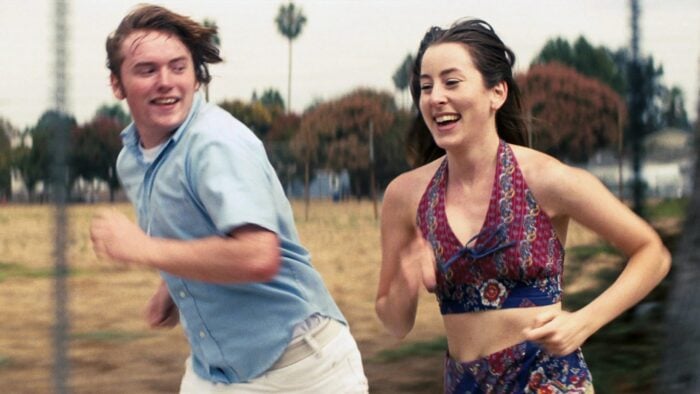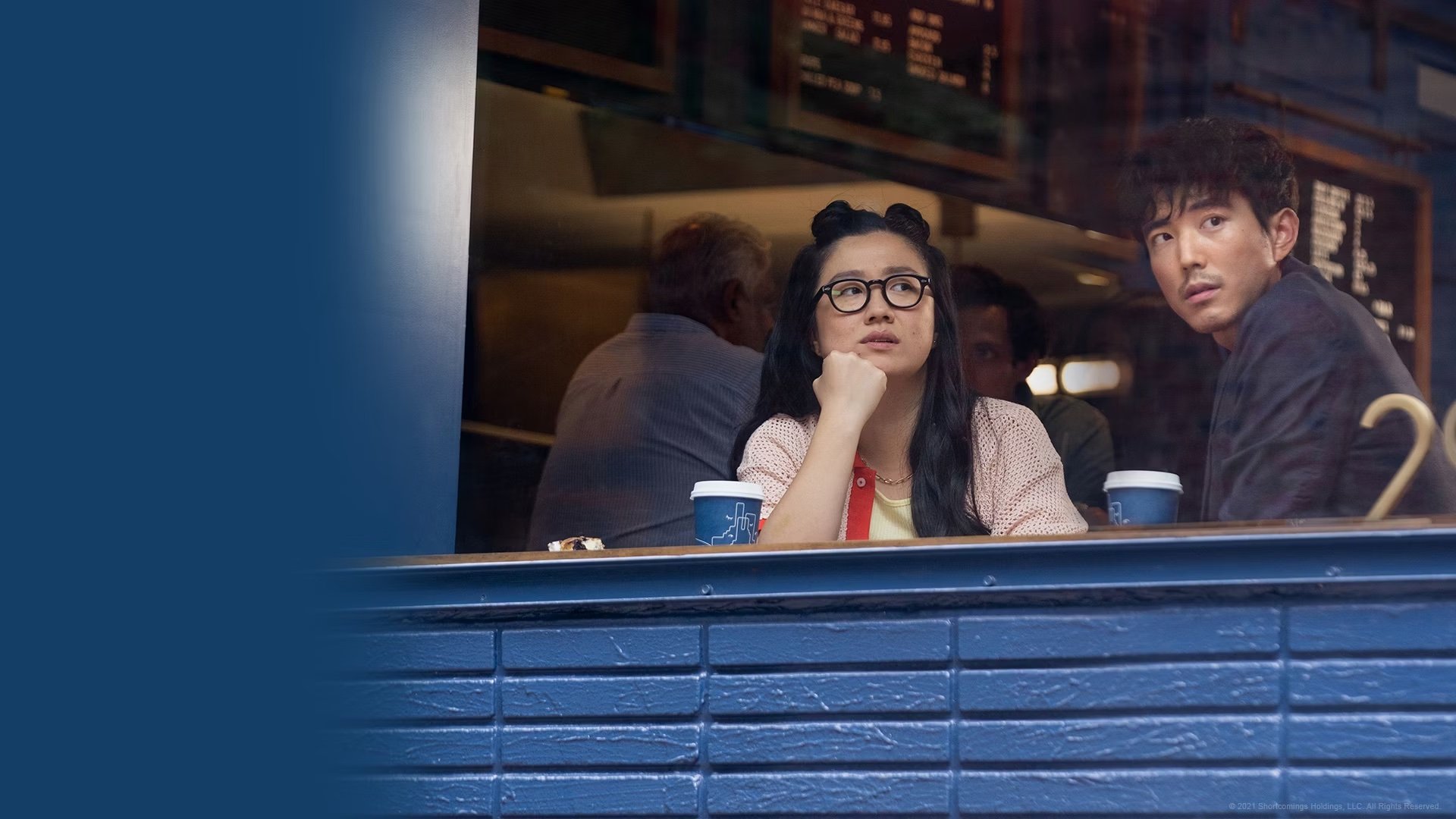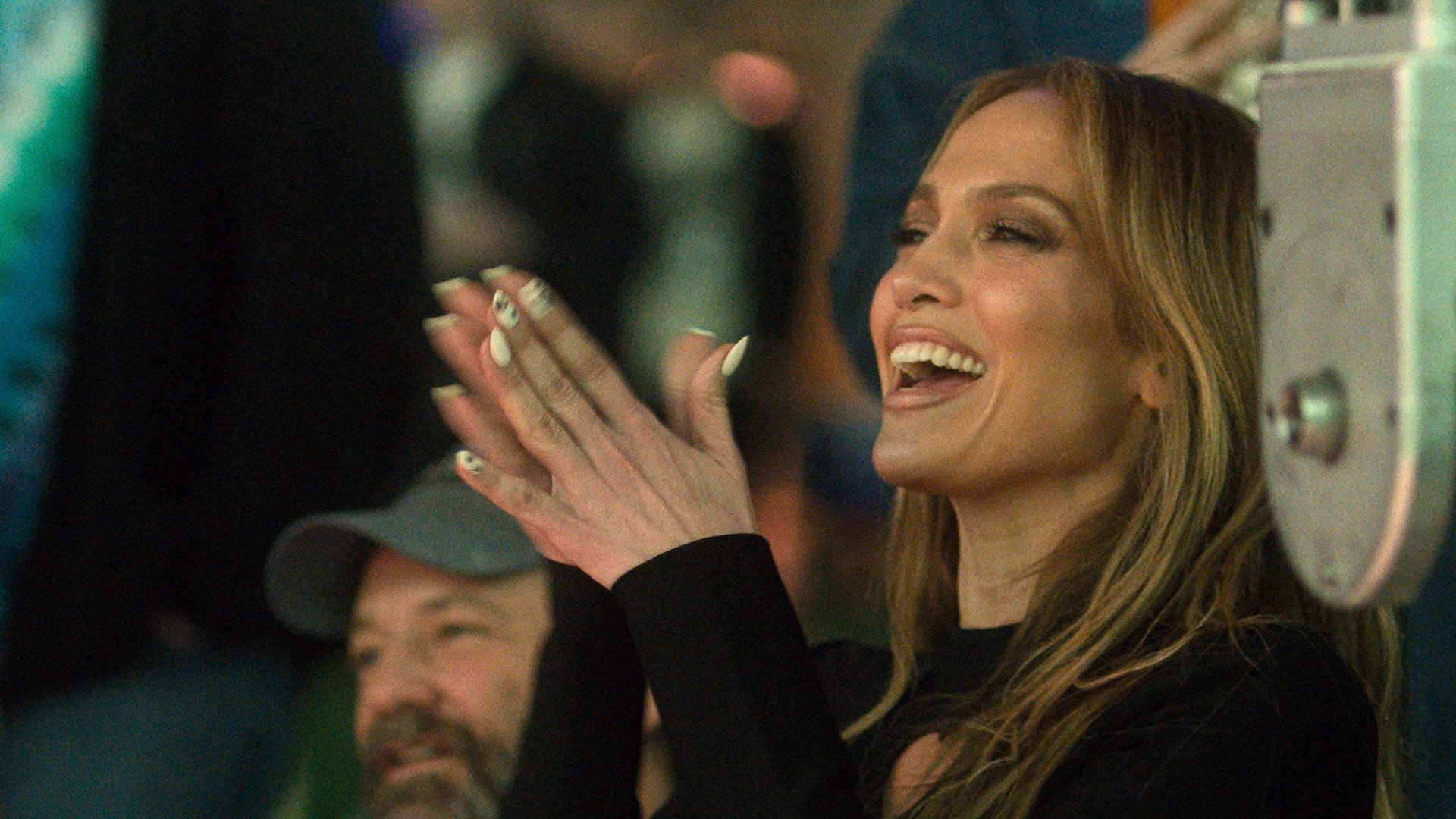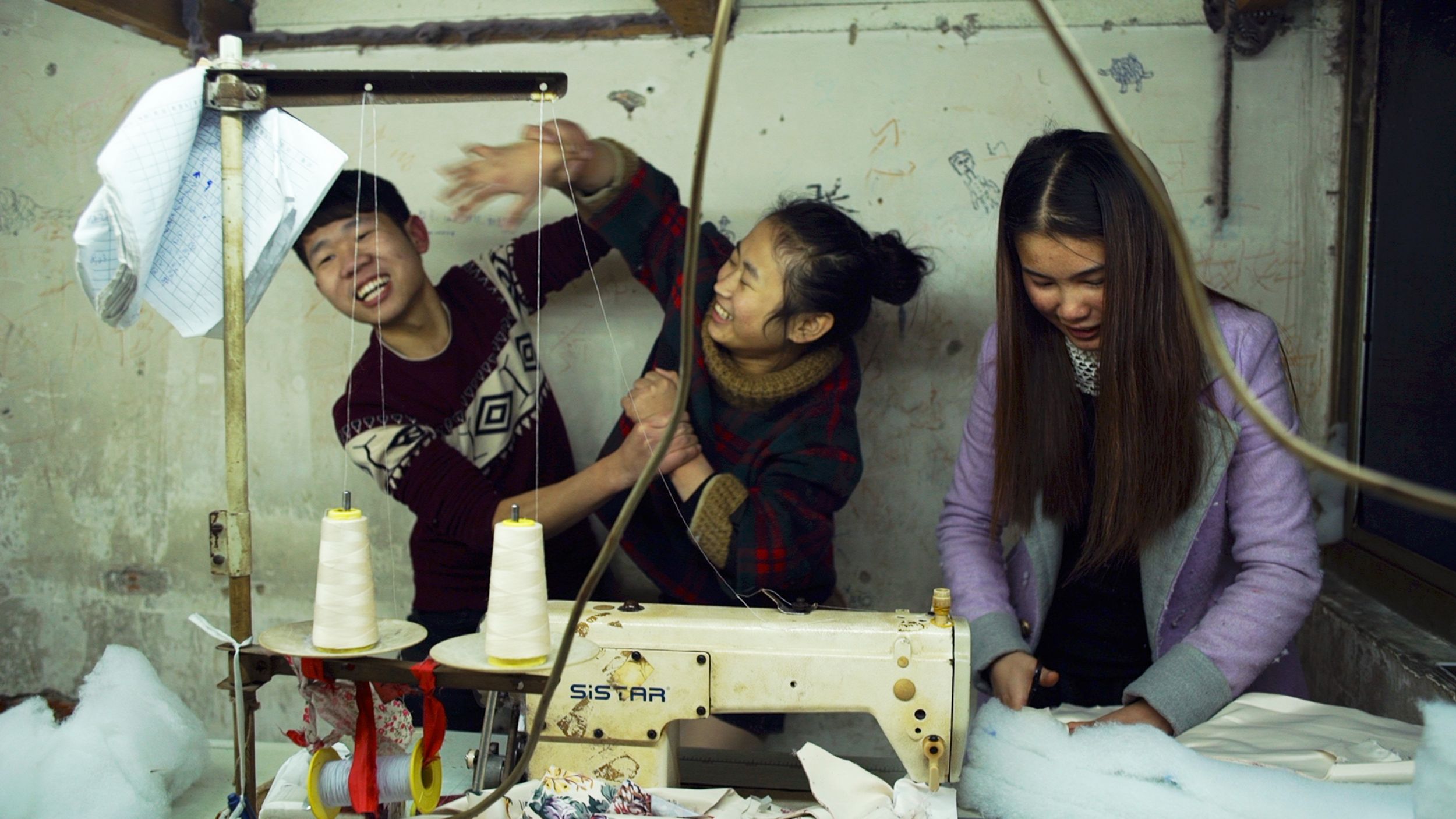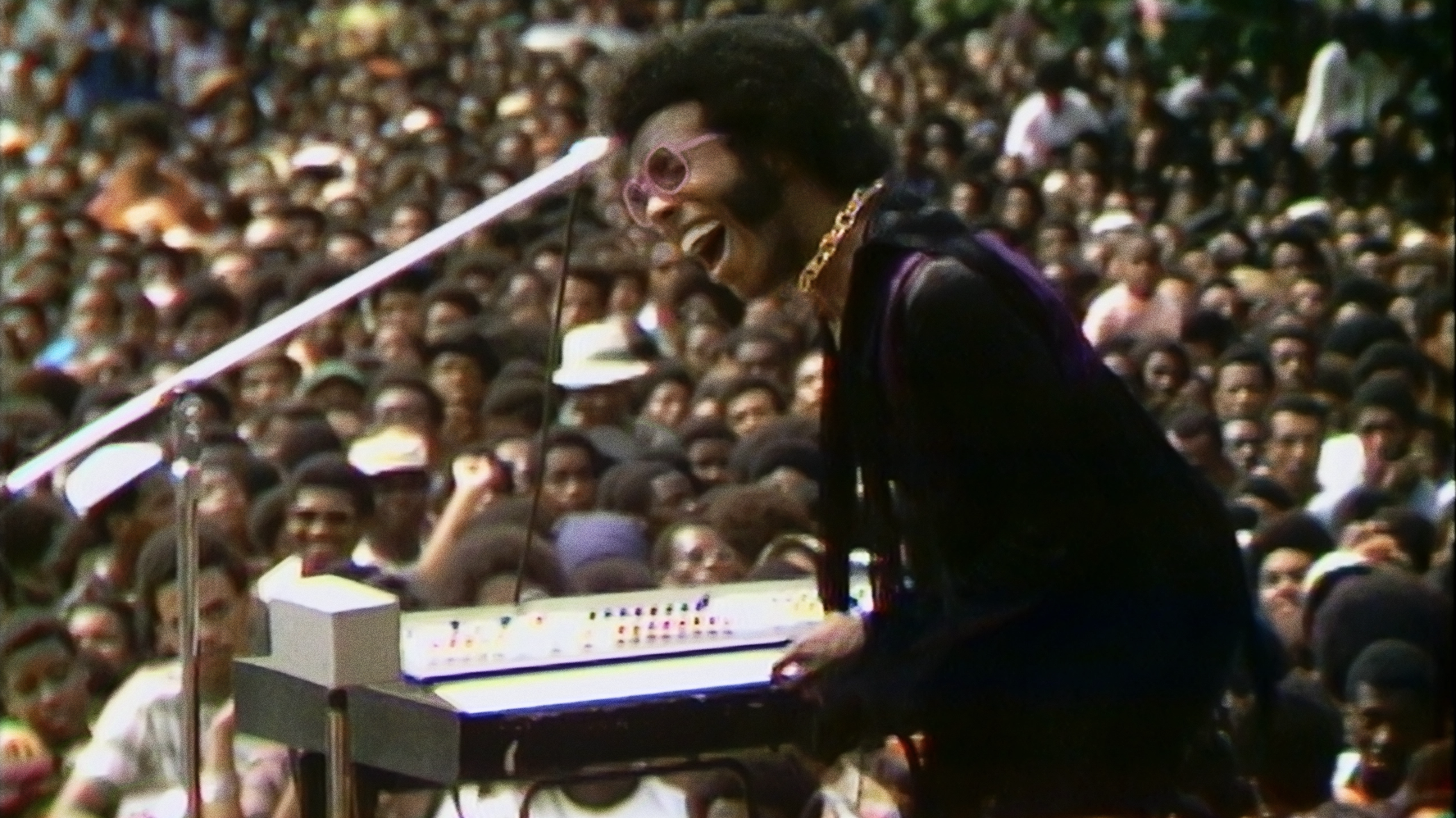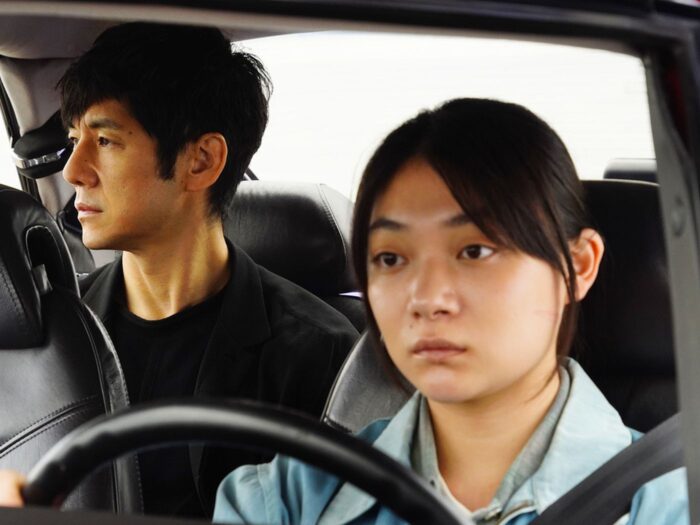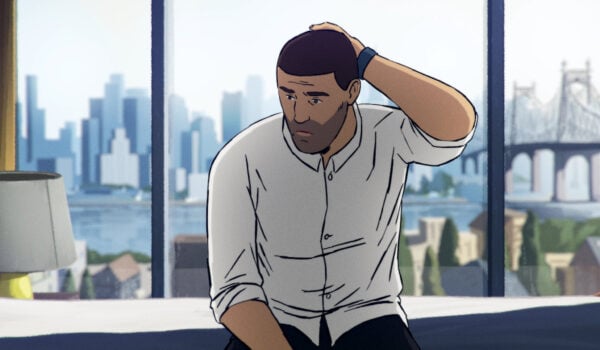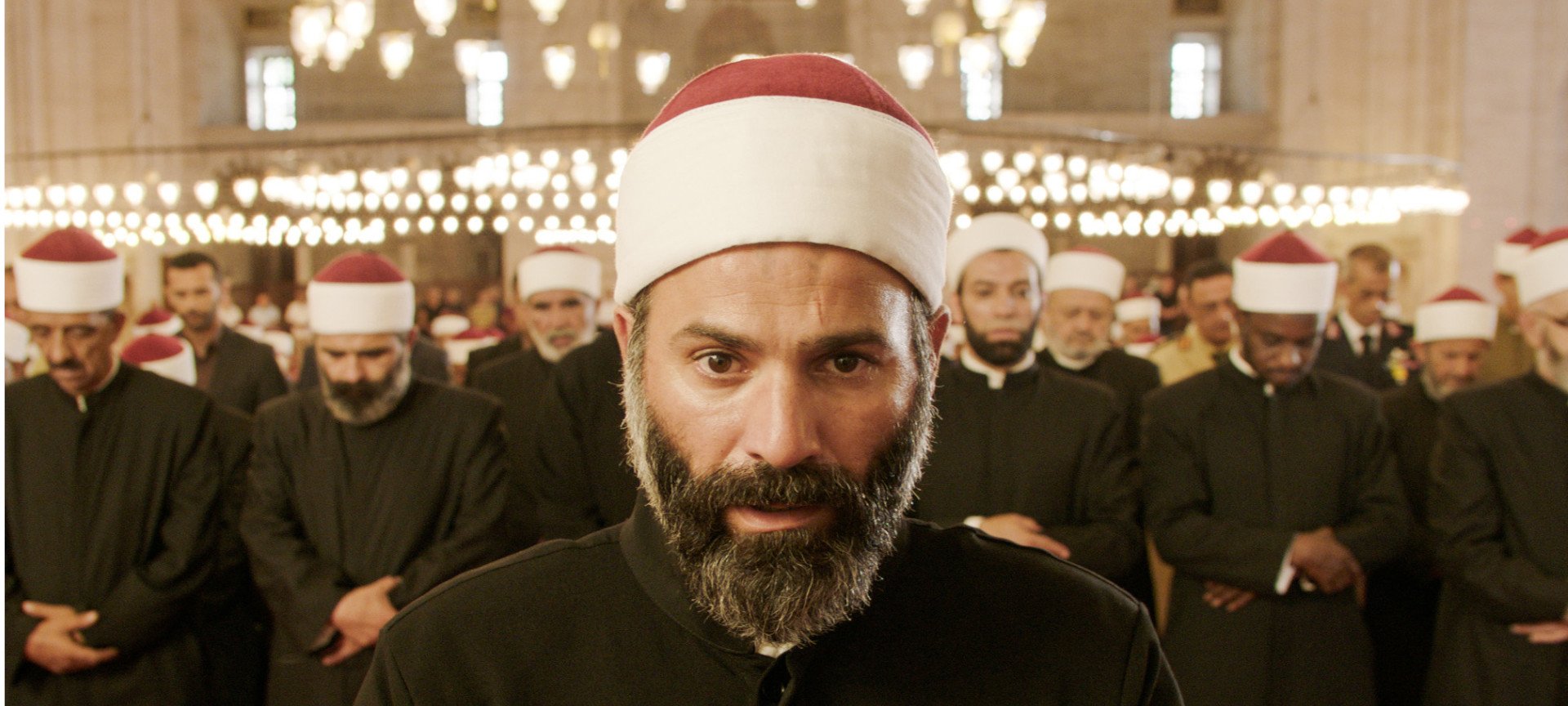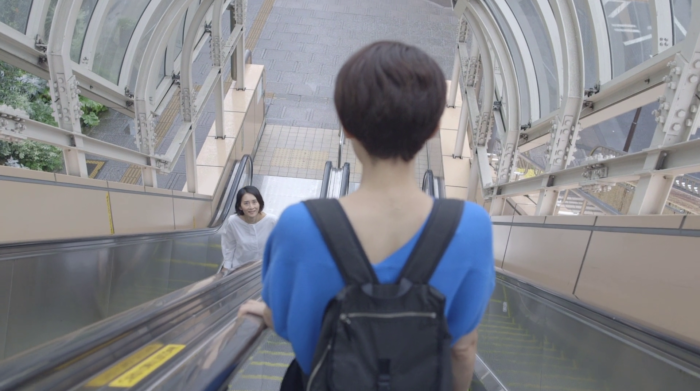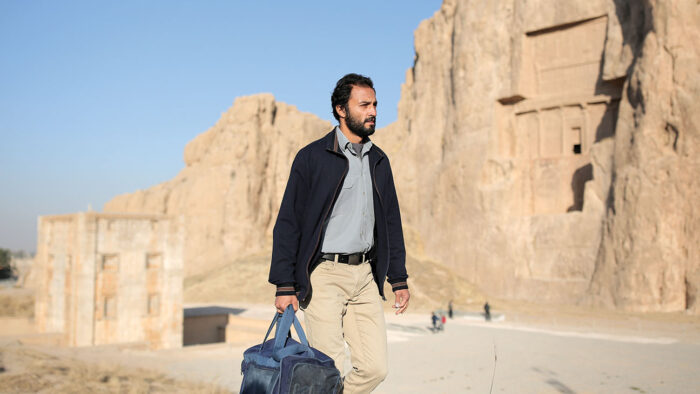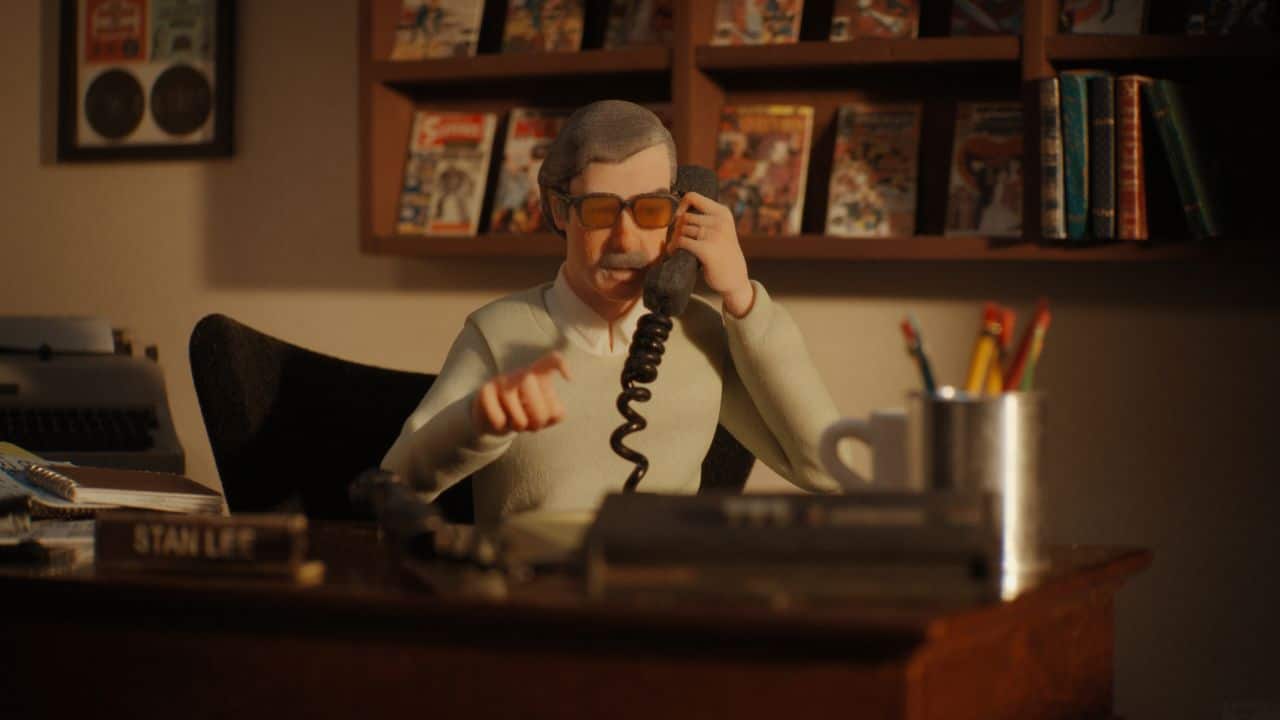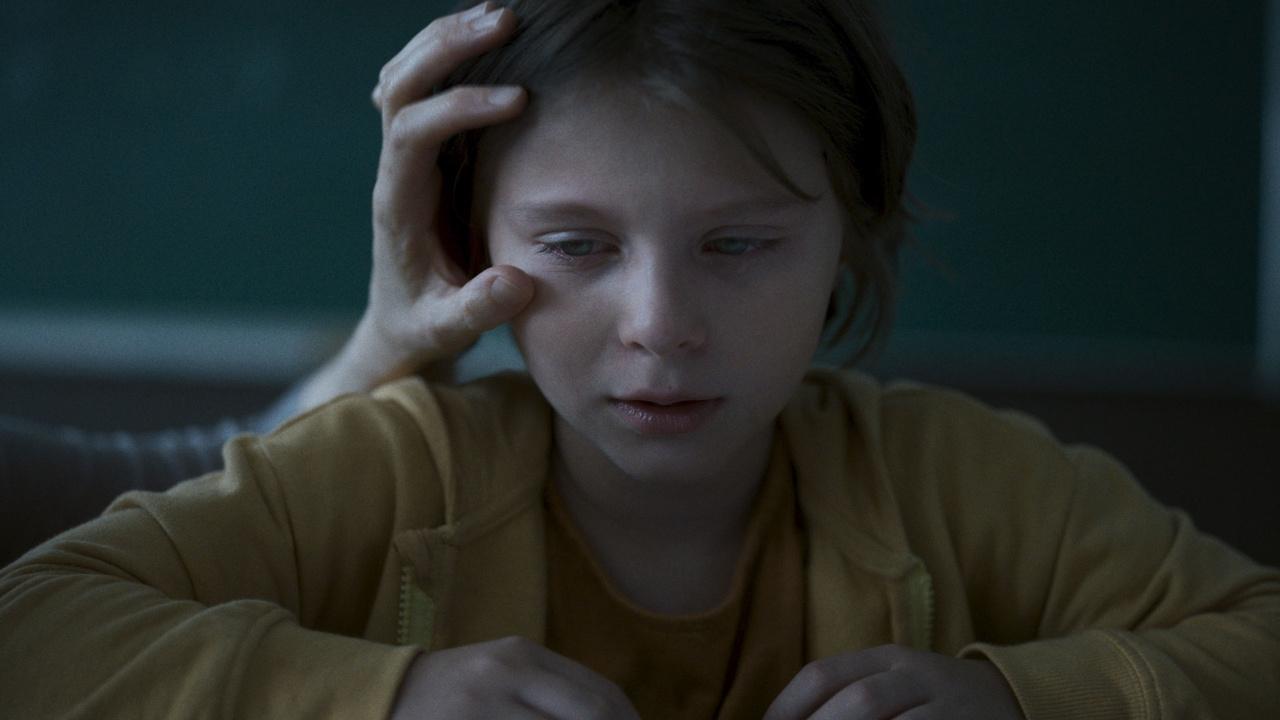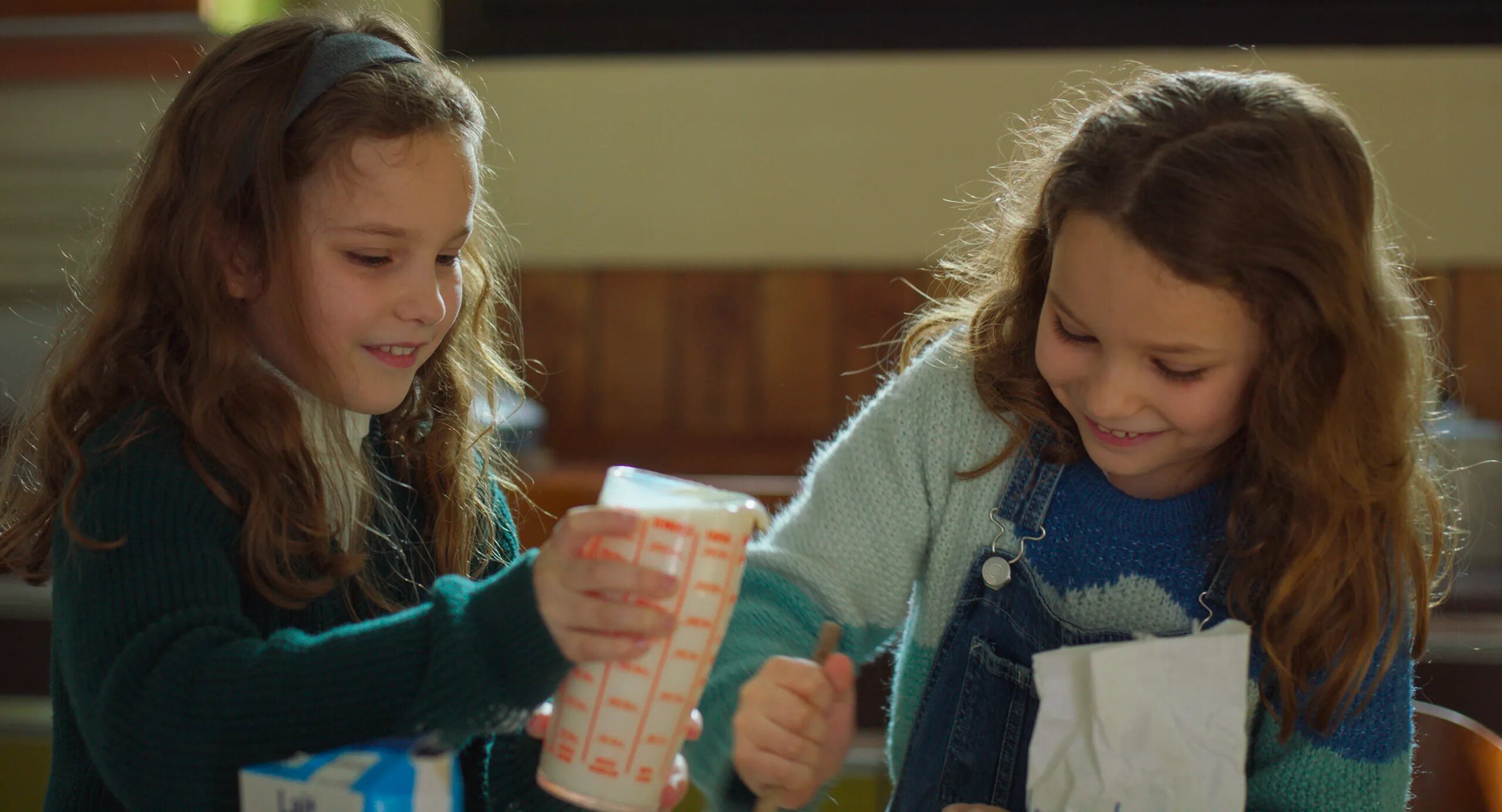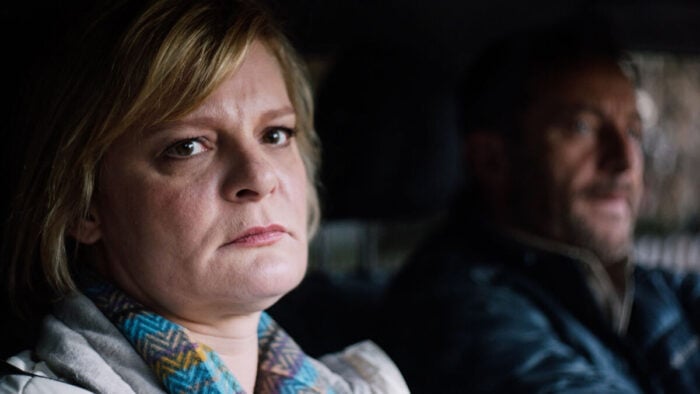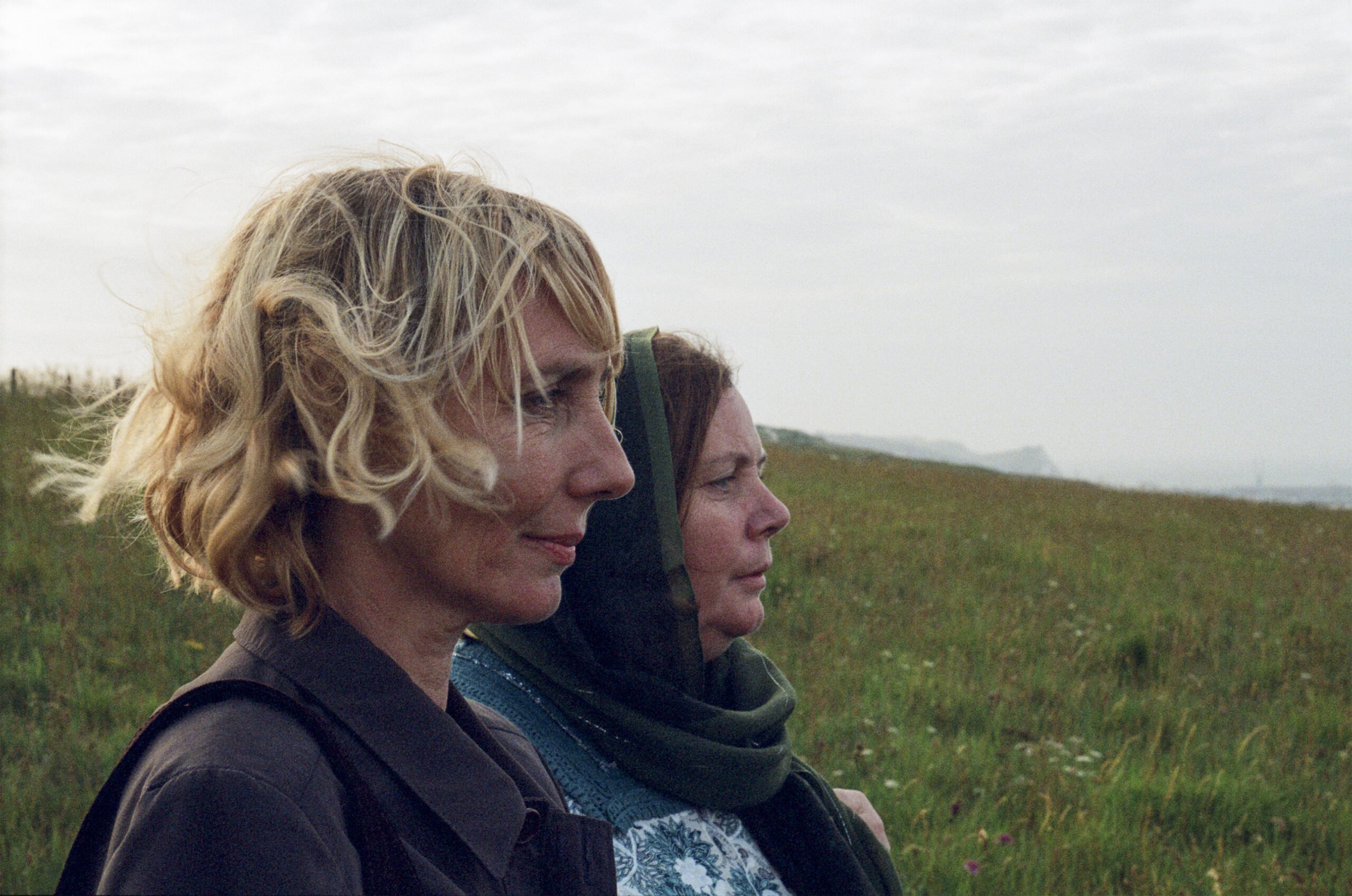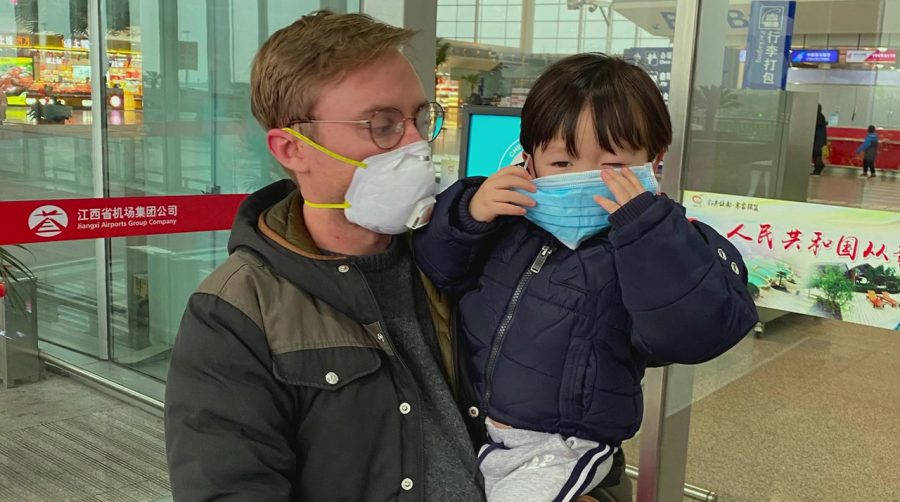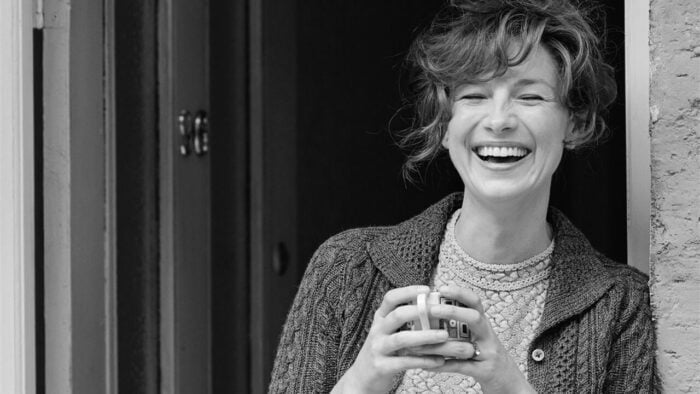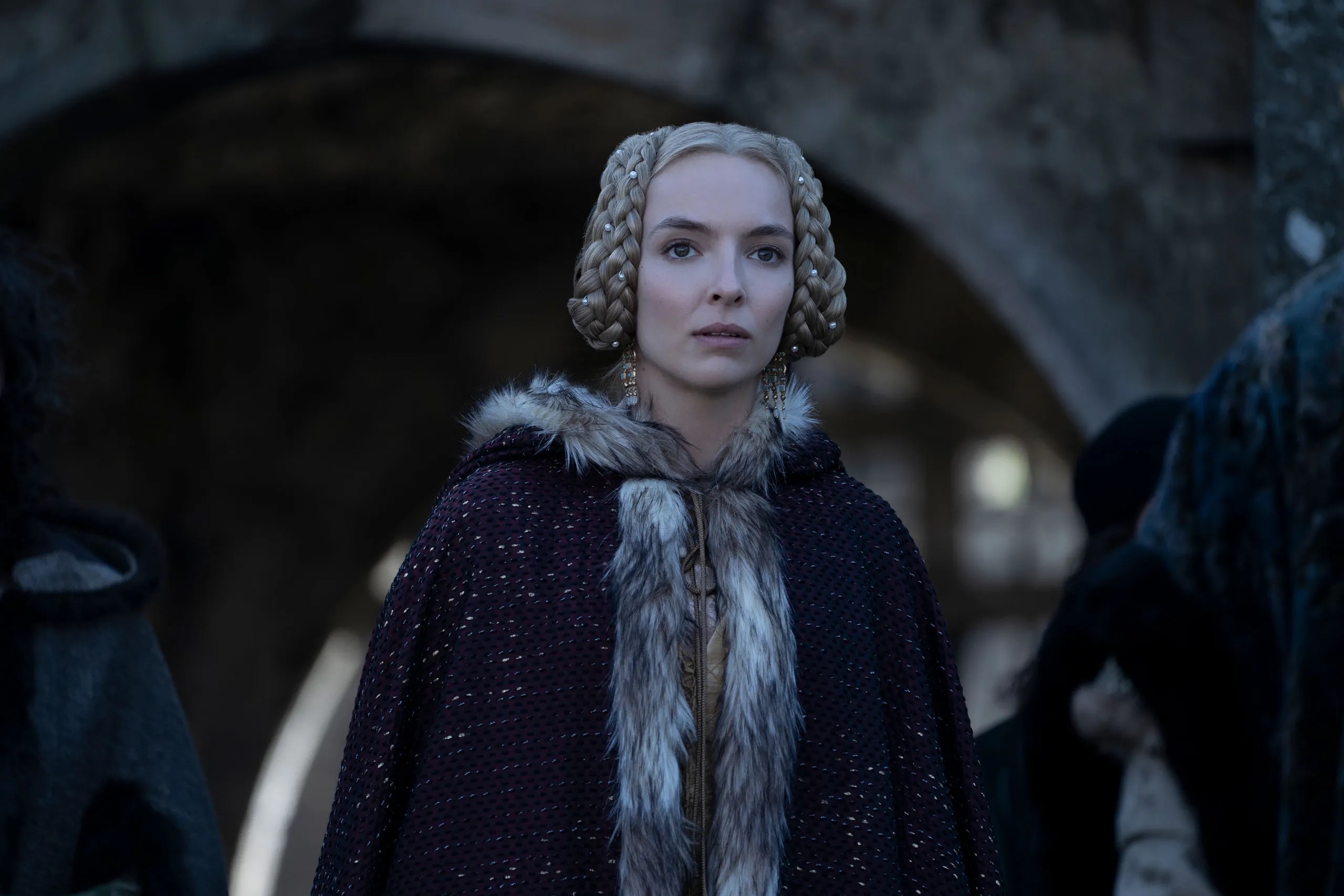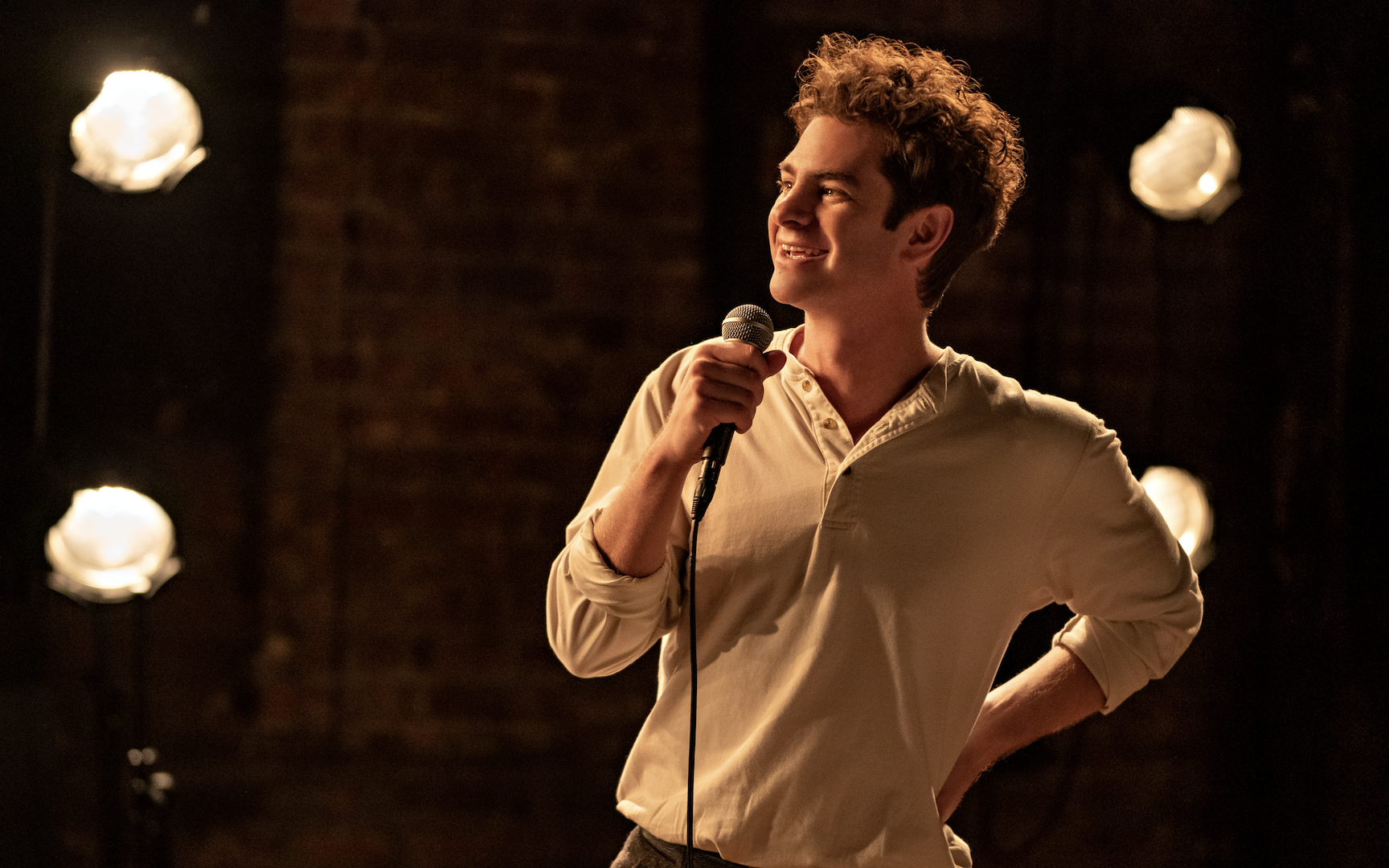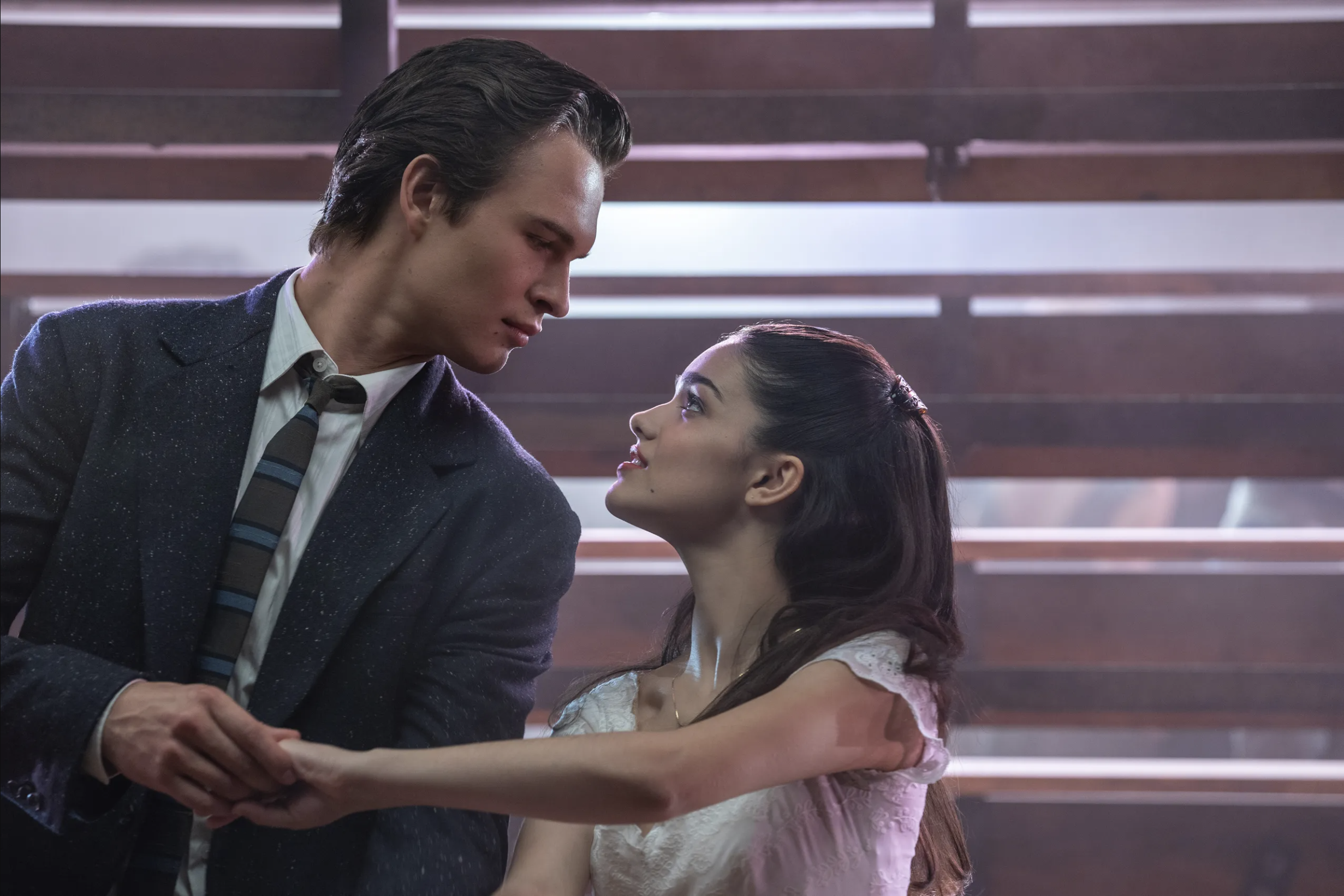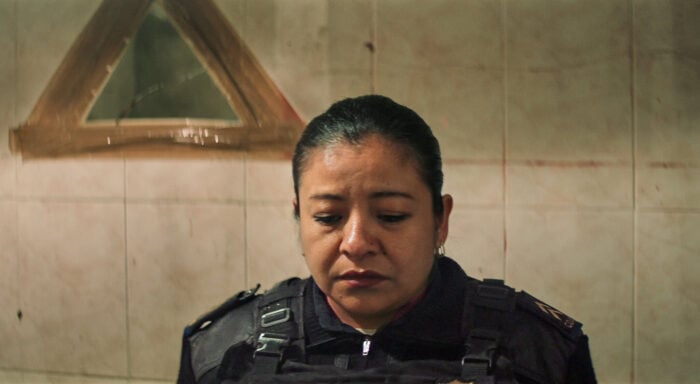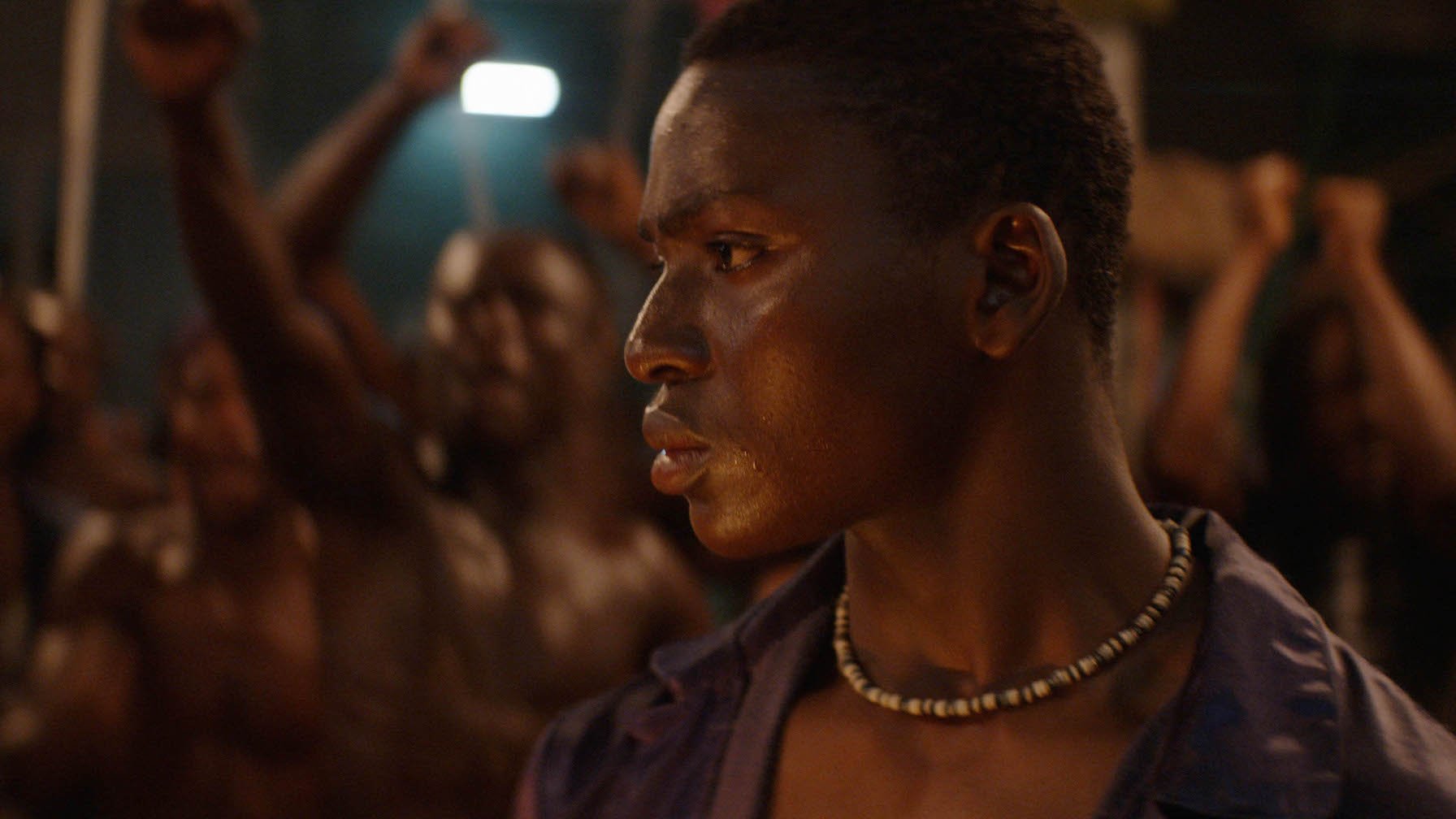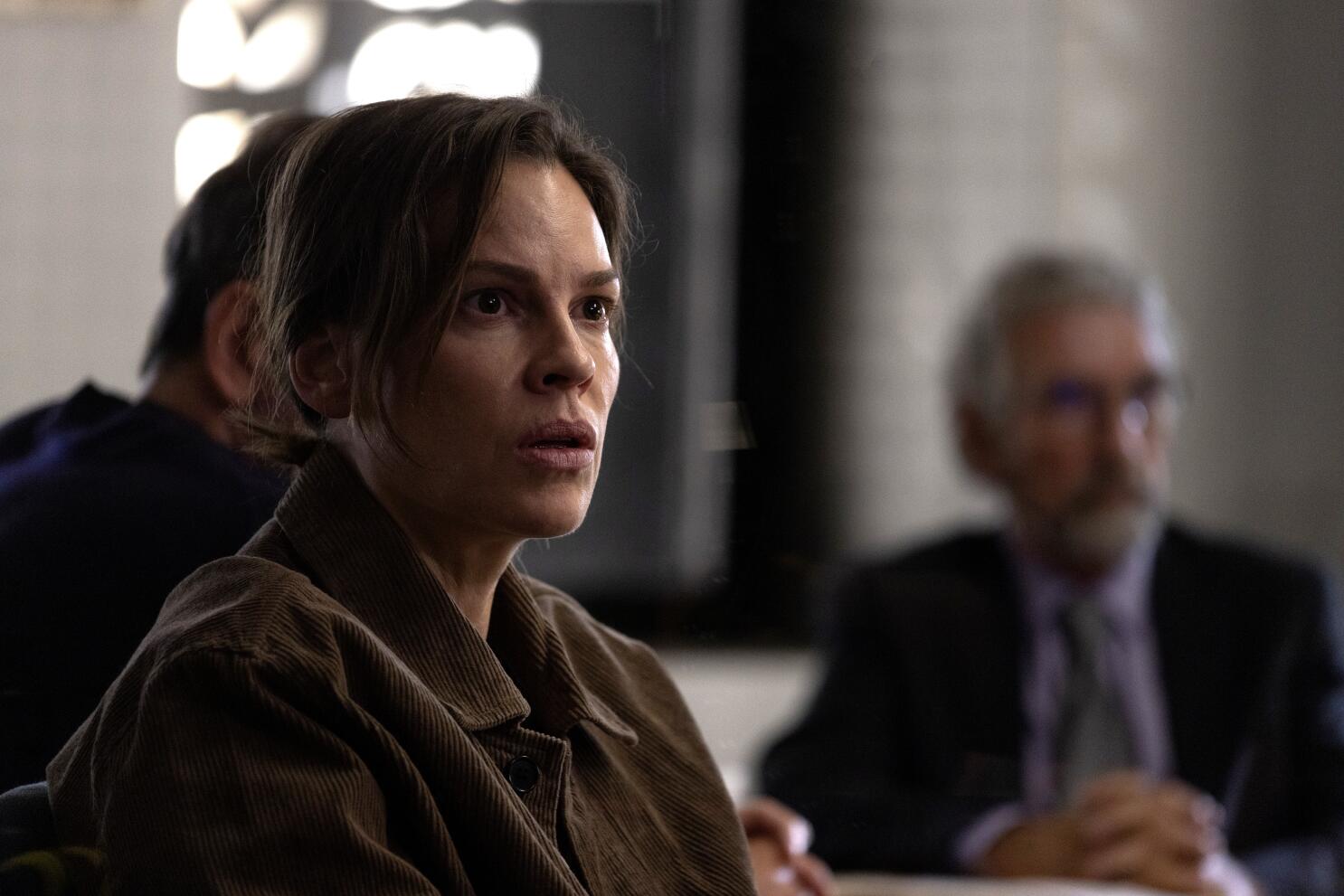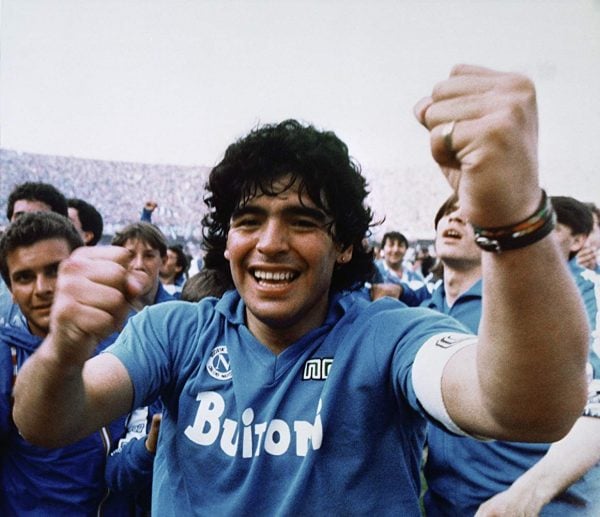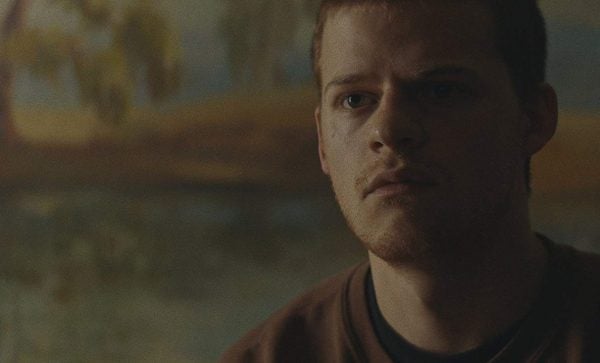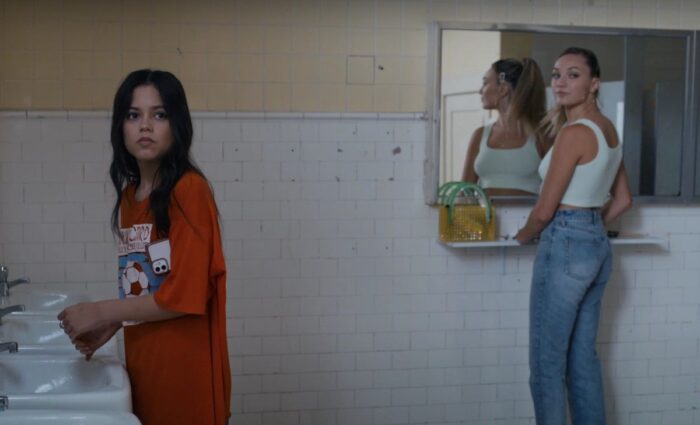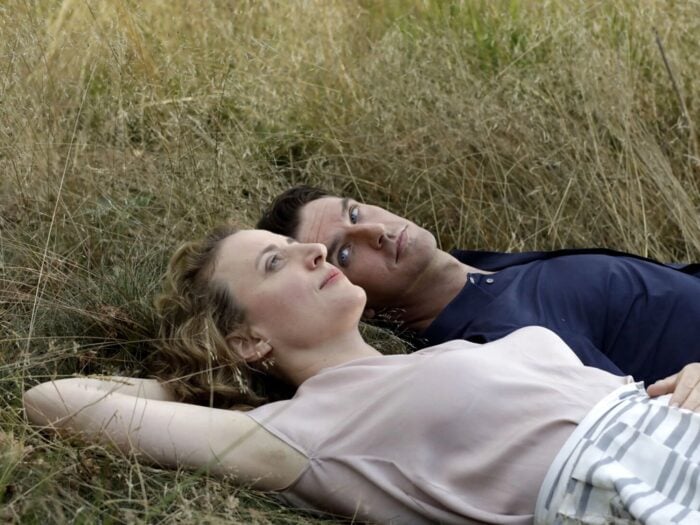Movies Like Nightmare Alley (2021)
After the La Manada rape case in 2016, it was necessary to document this event, especially since the widespread national outrage and demonstrations managed to move the country to change the way Spain defines consent. You Are Not Alone: Fighting the Wolf Pack documents this arduous journey. While it’s done through the familiar Netflix true […]
Fire of Love is a documentary that follows Maurice and Katia Krafft, a scientist couple who’ve dedicated their entire professional lives to studying (and marveling at) volcanoes. The two met at university and have been inseparable ever since, chasing explosions around the world until their death at the Mount Unzen eruption in 1991. The fiery […]
The film opens with Julie in her early twenties, longing to pursue a career in medical school. But after briefly testing the waters, she switches over to psychology, only to drop completely out of school and transform her hobby of photography into a professional career. This indecisiveness carries over in most aspects of her life, […]
Poignant, delightful, and simply gorgeous, Licorice Pizza just might be Paul Thomas Anderson’s best work to date. The period dramedy follows two young people, one in her 20s and one in his teens, as they strike an unlikely but lovely friendship and try to find their place in the world. They may be 10 years […]
It’s always tricky translating literature to screen. In Shortcomings’ case, it struggles to make its Berkeley and New York settings appear more lived-in than just a few postcard-like frames. You could also tell that the conversations it stirs up about things like representation and mixed-race relationships began in the early aughts, when the novel it […]
Jennifer Lopez believes that her latest album and its movie accompaniment, This Is Me…Now, are her magnum opus, so she gives the joint project her all. She funds, writes, produces, directs, and choreographs everything with the help of her team, which amusingly includes her lover and muse Ben Affleck. Whether or not it actually is her […]
Teenagers forced to grow up quickly and spend their prime years wiling away at garment factories sounds like a grim reality, and it is, but in Youth (Spring), Chinese documentarist Wang Bing captures more than just the inherent tragedy of young labor. Here, they build friendships, find love, discover an affinity for their craft, stand […]
Summer of Soul would already be remarkable if it was just a collection of some of the greatest live performances ever put to film. Boasting a roster that includes Stevie Wonder, Nina Simone, Gladys Knight, and Sly and the Family Stone, the nearly-forgotten 1969 Harlem Cultural Festival featured in the documentary was an all-star catalog […]
In Drive My Car, a widowed artist travels to Hiroshima for his latest production. There he meets a young woman enlisted to drive him around the area. They forge an unexpected bond and soon share pithy observations and long-buried secrets, which culminate in a touching scene of catharsis and forgiveness. Not a lot is said […]
When Amin sits down for a tell-all interview about his troubling past, his memories come to life in vivid animation. Sometimes they are sweet and intimate, like when he recounts his time as a playful boy in a much freer Afghanistan. But often, they’re marred by the unbelievable horrors of refugee life. Now a successful […]
When he’s accepted into the prestigious Islamic university Al-Azhar, fisherman’s son Adam (Tawfeek Barhom) gets an eye-opening education — but not the kind he expected. A place associated with notions of purity is imagined as a hotbed of hypocrisy and corruption here, as naive young Adam finds himself unwittingly embroiled in a state plot to […]
From Drive My Car director Ryusuke Hamaguchi comes another film featuring long drives, thoughtful talks, and unexpected twists. An anthology of three short stories, Wheel of Fortune and Fantasy ponders over ideas of love, fate, and the all-too-vexing question, “what if?” What if you didn’t run away from the one you love? What if you […]
Celebrated Iranian director Asghar Farhadi’s latest movie is about Rahim, a man who is in jail because he was unable to repay a debt. He gets a temporary release from prison, and with a big smile on his face, he leaves his confinement with a plan not to come back. His secret girlfriend hands him […]
Stan Lee, the documentary, is a charming introduction to the iconic creator. He enthusiastically narrates his journey into comics – from lowly intern to famous publisher – giving a seemingly modest account of events. With his voice making most of the narrative, Lee’s voice reveals his creative process and mindset, detailing the day-to-day writing process […]
Though it’s a bit chaotic in structure—it’s chronological but all over the place—The Stones and Brian Jones is a compelling and crucial portrait of The Rolling Stones’ co-founding member and original leader. Jones’ life is typical of rock stars, from the misunderstood childhood and philandering habits to drug dependence and luxurious lifestyle, but director Nick […]
In Playground, we follow seven-year-old Nora as she navigates friends and school. Through her eyes (and often on her eye level), we witness her and her brother trying and often failing to fit in. The film is an unfiltered account of their formative years, and possibly a reflection of our own. Commercials and kid-friendly media […]
Many films have tried to decipher the indecipherable bond between mothers and daughters. Lady Bird, Everything Everywhere All at Once, and Turning Red, to name a few, center on this particular relationship, which to outsiders may seem strange at best and dysfunctional at worst. How can mothers yell at their daughters one second and coddle […]
In the first few minutes of Mass, hushed tones, solemn movements, and awkwardly averted eyes hint at an unspoken tragedy that haunts everyone in the film. The four main characters discuss it during a sit-down, but even then it remains unspeakable; such is the dedication of first-time full-length director Fran Kranz in depicting the reality […]
After Love is a beautifully powerful and quietly moving outing by emerging British filmmaker Aleem Khan. It follows Mary (Joanna Scanlan), a white Muslim convert who discovers a life-changing secret her husband has managed to keep from her all these years. Without spoiling anything, I will say that After Love is charged with the sort […]
The culture of propaganda and cover-ups that kicked off the pandemic is the subject of this compelling documentary by award-winning director Nanfu Wang (One Child Nation). Wang, who traveled with her family to China in January 2020, saw and filmed the pandemic firsthand, and wrote to major newspapers like The New York Times to convince […]
Belfast stars Outlander’s Caitríona Balfe as the mother of a working-class Northern Irish family during The Troubles. Religious tension and the lack of opportunities put the family in a difficult position: they’re the first in many generations to think about leaving the city of Belfast. They all have to navigate so many difficult questions on […]
The Last Duel propped high expectations as the Closing Film at the 2021 Venice Film Festival, but its theatrical release later that year proved to be a flop. Ridley Scott blamed it on millennials, but both critics and streaming audiences have been much more favorable than moviegoers. As a film, it’s a rather monumental project: […]
With its origins as a full-length rock monologue, it’s understandable if Tick, Tick… Boom! comes off as overly concerned with its protagonist’s personal anxieties and not the larger social and health crises happening right outside his door. But while it really doesn’t offer much insight into the AIDS epidemic, or even the art scene of […]
Even if the overall message screams “Girl power!”, The Tinder Swindler must be taken with a pinch of salt. Yes, it’s perversely entertaining to witness the victims of an emotional and financial scam retell their traumatic experience. Yes, whoever decides to watch a true crime probably knows the genre’s highs and lows by heart. And […]
If Steven Spielberg had just decided to do a straightforward cover version of West Side Story, it still would have been a wonder of music, movement, and color. But more than the lush camerawork and impassioned performances from Rachel Zegler, Mike Faist, and Oscar winner Ariana DeBose, this adaptation is most memorable for its renewed […]
In the Mexican film A Cop Movie, director Alonso Ruizpalacios mixes fact and fiction, documentary and narrative, to tell the tale of Teresa and Montoya, two police officers whose dreams are dashed by the corruption of their trade and who, eventually, find love and comfort in each other. Ruizpalacios takes thrilling risks in structuring this […]
Whether or not you’re familiar with director Pedro Almodóvar’s body of work, Parallel Mother stands as a gorgeous melodrama, a striking story about motherhood and our ties to the past. On one level, it’s a simple but engaging drama about a misunderstanding that ensues between two women. But on another, it’s a deep dive into […]
With a script that seems to have been written for a medieval fantasy, but set in a present-day Ivorian jail, Night of the Kings immediately situates itself between the realms of reality and imagination. Whether or not one thinks that certain details about the prison’s strange rituals have been lost in translation, the mysticism surrounding […]
Plenty of missing people stories don’t get resolved, so understandably, all their loved ones can do is contemplate the potential horrors that could have happened to them, like being lost and needing to survive, or being kidnapped, or, of course, being dead. Primbon is a story where a missing girl returns home, though her return […]
What seems like The Good Mother’s biggest asset is actually its downfall. Yes, the three main actors (Swank, Cooke, and Jack Reynor as the civil servant son, Toby) are all good at what they do, but they’re incapable of resuscitating a script that’s never truly come to life. These casting choices, obviously made to give […]
Asif Kapadia, the genius of biopics who gave us Senna, is back with this documentary on an even bigger sports personality: Argentinian soccer player Diego Armando Maradona. Considered as possibly the best soccer player of all time, Maradona’s footage on the pitch is pure wizardry, and you’ll feel that way whether you are a soccer […]
Blue Bayou is a powerful film about a Korean-American man threatened with deportation from the only country he has ever known. Antonio LeBlanc is a hard-working mechanic living in a small town in Louisiana with his wife, Kathy, and their young daughter Jessie. Blue Bayou is a beautifully made film with compelling performances from Chon, […]
There is so much power to this story based actor Shia Laboeuf’s life. As a kid, he lived with his father on the road during the filming of Even Stevens and other star-making roles. His dad was a war veteran who goes to bikers’ AA meetings and who had a brief acting career himself. He […]
When Mikey Saber’s porn career takes a dip in California, he returns to an estranged wife in Texas, where he meets new and old friends alike and attempts to rebuild his life through a couple of odd jobs. Though Mikey eventually earns his keep, his vanity and eagerness to succeed at all costs threaten to […]
Survivors are often painted in a brave light; they’re applauded for their resilience and toughness, and in the case of school shootings, many of them are also expected to take up arms and fight the good fight. While this is of course laudable, many survivors are simply trying to get by. Unable to process trauma […]
Romantically pairing up AI with humans is hardly new, and I’m Your Man is aware of that. Instead of spending way too much time explaining the advanced tech that makes the perfect mate possible, the movie zeroes in on its charismatic leads Tom the robot (Dan Stevens) and Alma the indifferent academic (Maren Eggert). Tom […]
























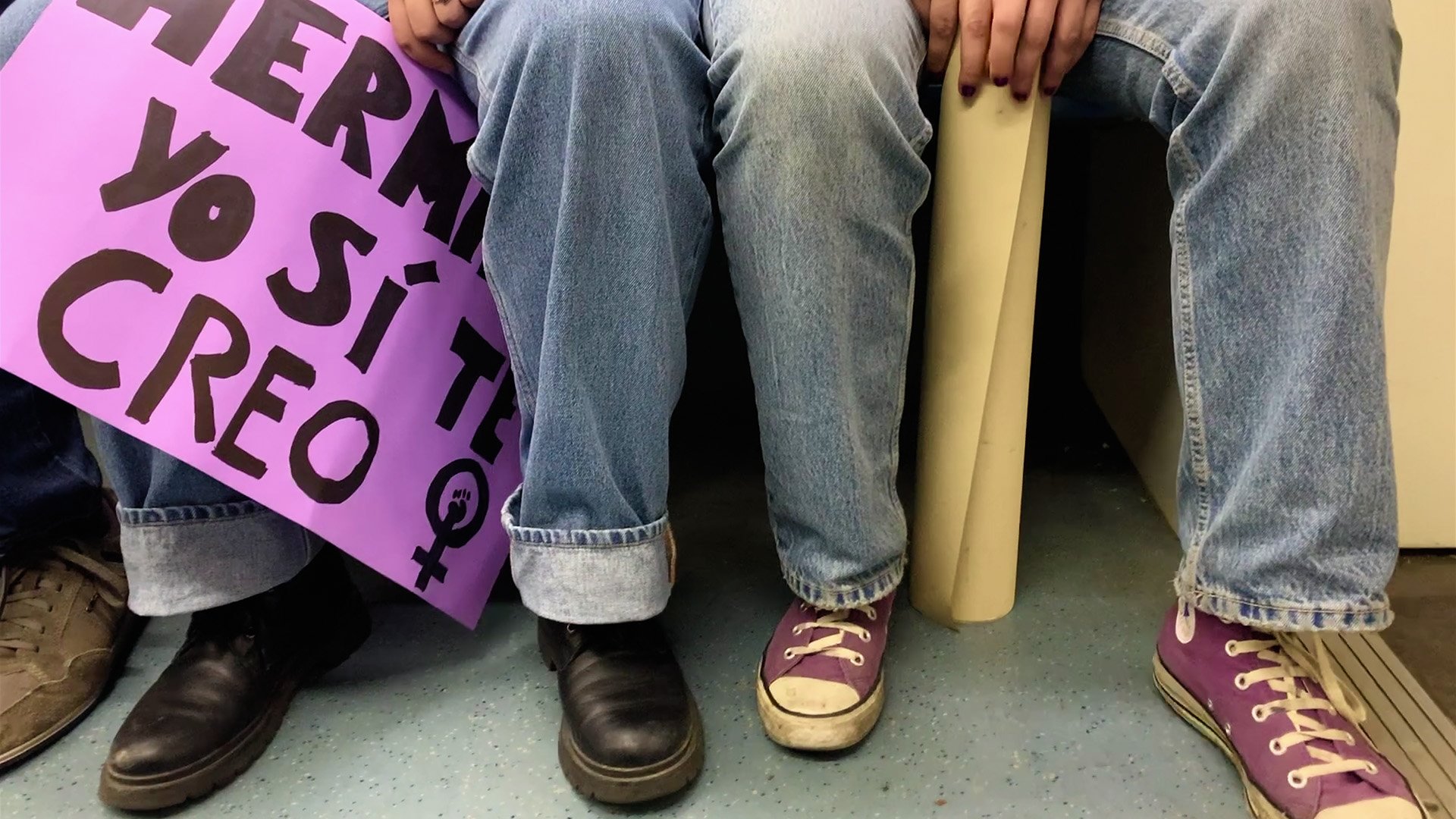
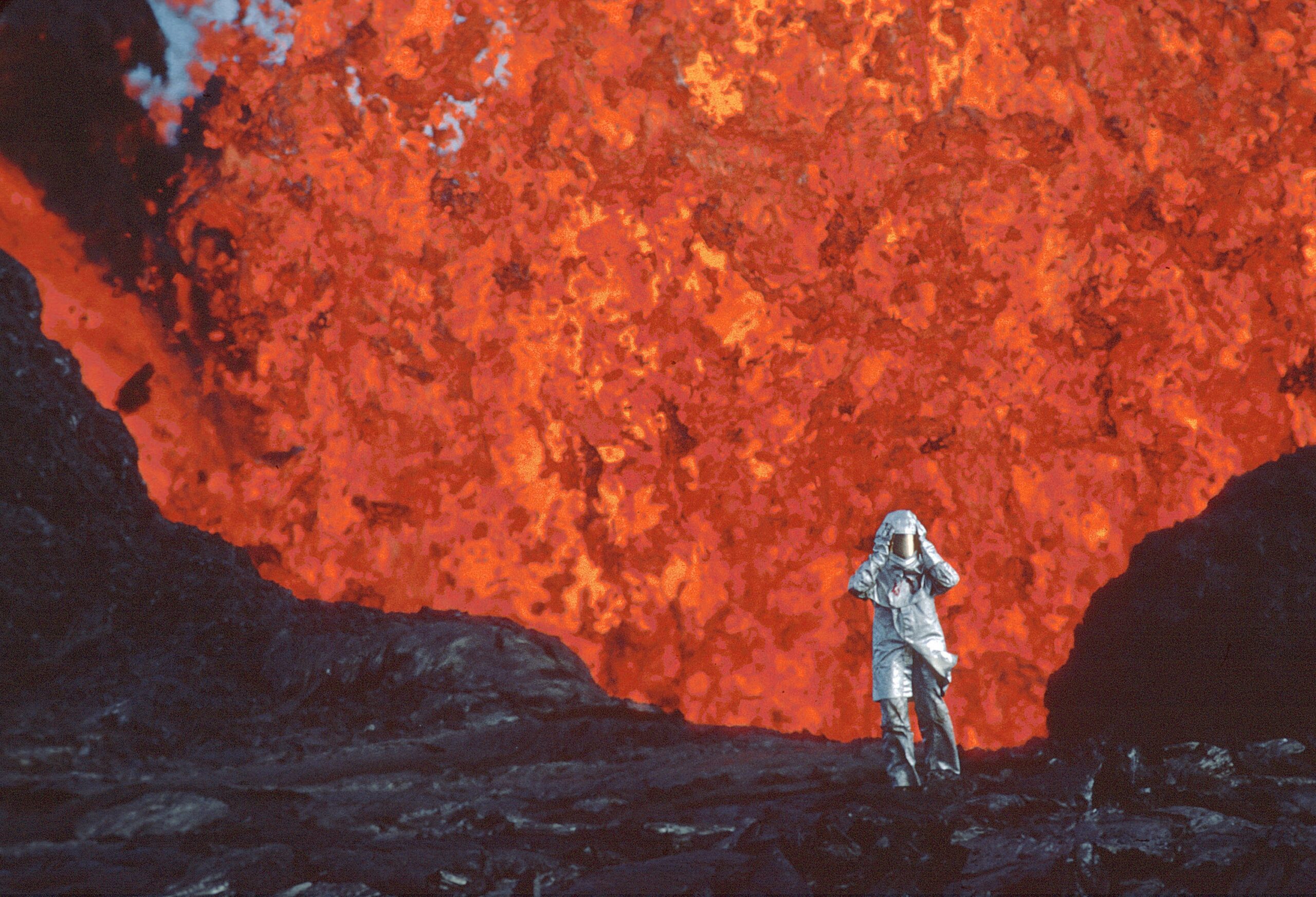
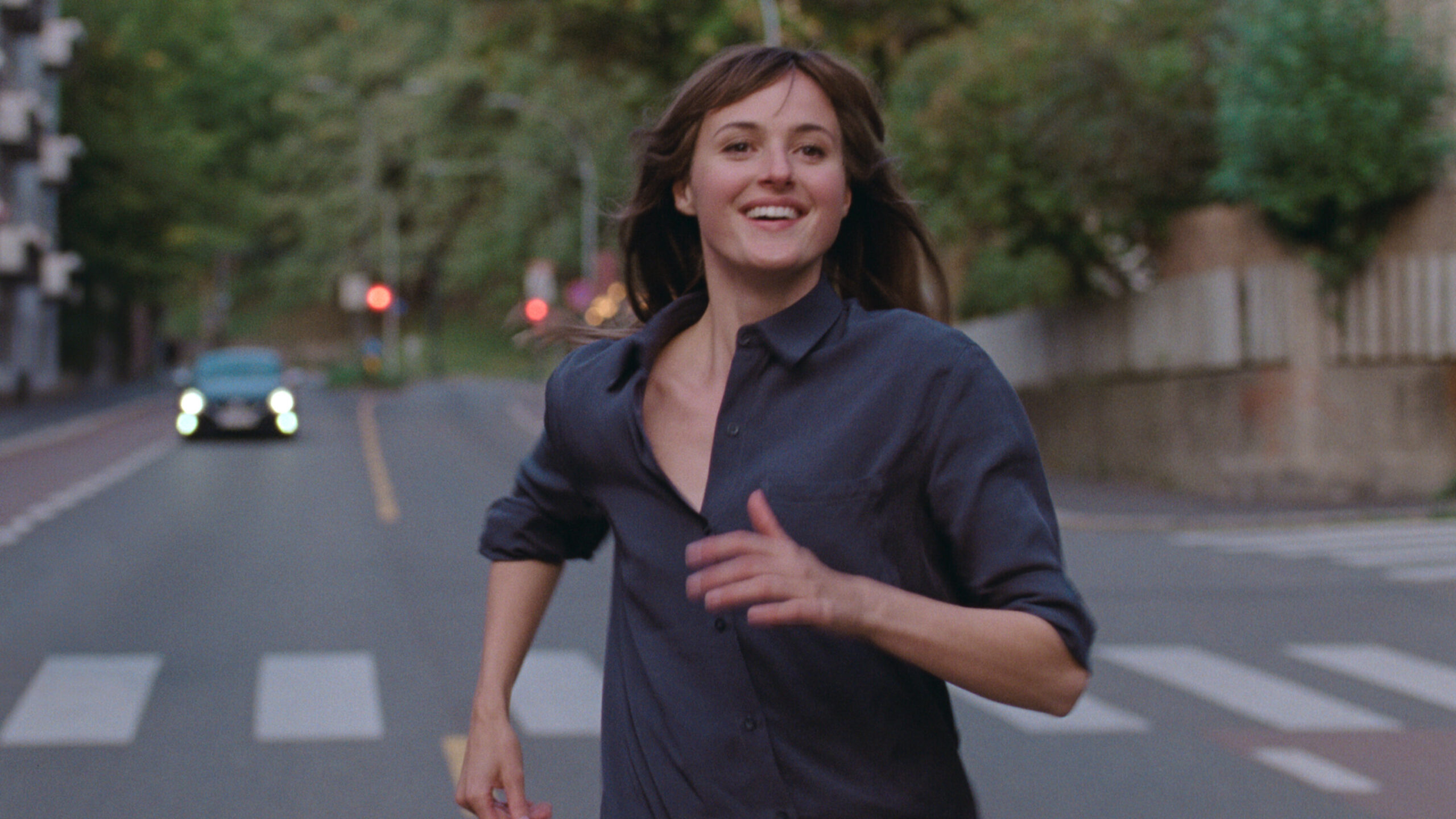
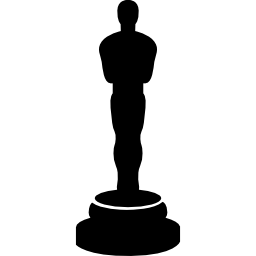 x2
x2 x14
x14